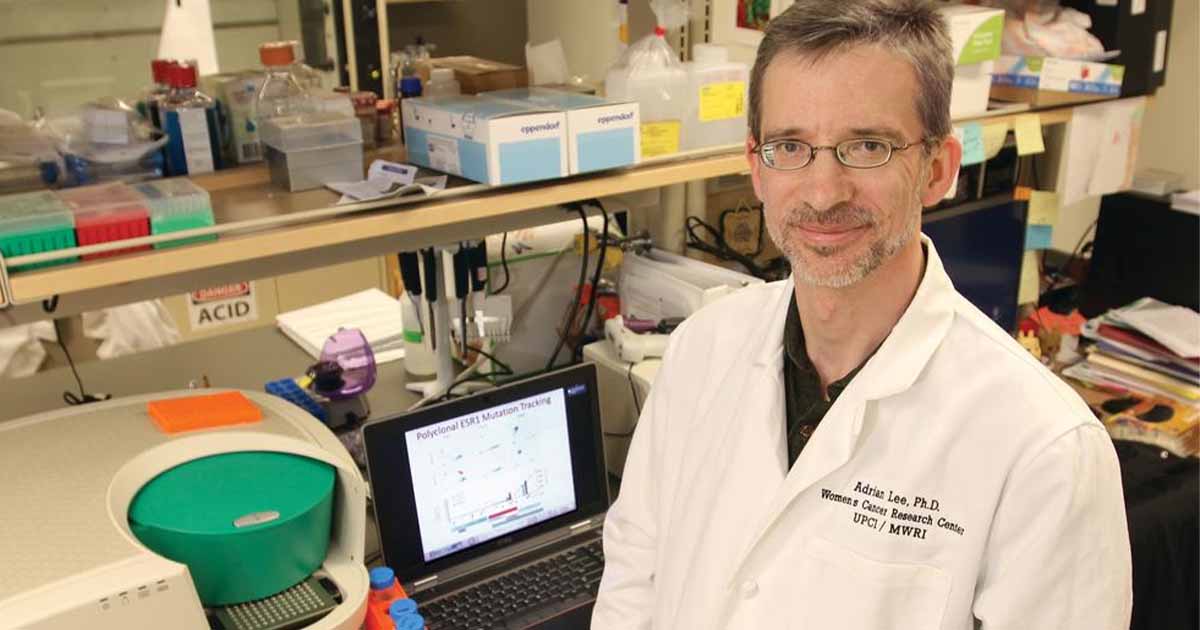Subsidiary unveils medical OS platform
BlackBerry continues to expand further its scope in the healthcare arena after one of its subsidiaries unveiled a new clinical operating system for medical devices.
QNX Software Systems, which was acquired by BlackBerry in 2010, today released its new operating system that is IEC 62304 compliant. With its sights set on alleviating the regulatory and financial burden for device manufacturers, the operating system supports both single core and multicore devices based on ARMv7 and Intel x86 processors. The OS also features application programming interface so that it's compatible with other QNX operating systems, officials note.
[See also: BlackBerry enters healthcare IT arena.]
"When it comes to medical device software, the OS sets the tone: Unless it provides the architecture to enable reliable operation and a clear audit trail to substantiate claims about its dependability, the entire process of device approval can be put in jeopardy," said Grant Courville, director of product management at QNX Software Systems, in a July 15 press statement. "By providing an OS that has been independently verified to comply with the IEC 62304 standard, we are helping manufacturers reduce the cost and effort of developing devices that require regulatory approval from agencies such as the FDA, MDD and MHRA."
This is far from BlackBerry's first big move into the healthcare space. Just this April, the telecommunication behemoth announced it was financially backing cloud-based health IT company NantHealth, a startup spearheaded by billionaire healthcare mogul Patrick Soon-Shiong, MD.
"The systems that are currently structured really don't talk to each other, the proprietary systems, the systems that are based on really old software that's not interoperable," said Soon-Shiong in an interview with Healthcare IT News earlier this year. And the financial backing from BlackBerry will further support NantHealth's clinical operation system that has captured some 3 billion vital signs in the cloud.
"We've built supercomputers that can do the genomic analysis in real-time; we've built super computers that can actually take feeds of CT scans from EMRs and feed it directly to mobile devices. All of that, regardless of where it comes from, regardless of the EMR, regardless of the device, whether it be via ventilator, or IV tube, we're agnostic to, and it speaks to this operating system," said Soon-Shiong.
BlackBerry's stock is up almost 22 percent from July 2013.
Topic:


